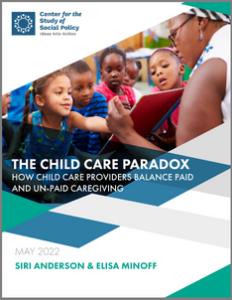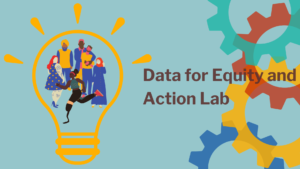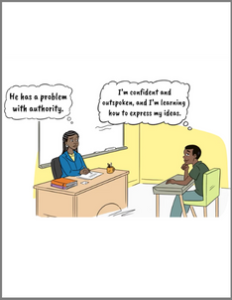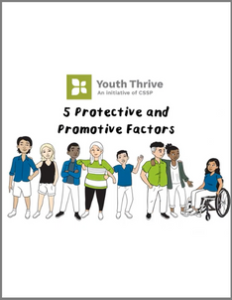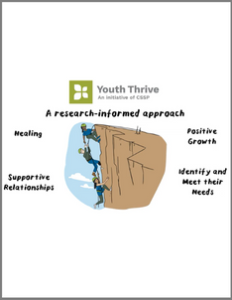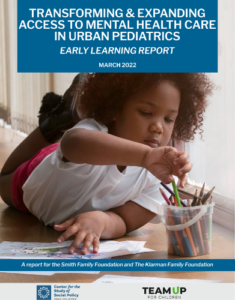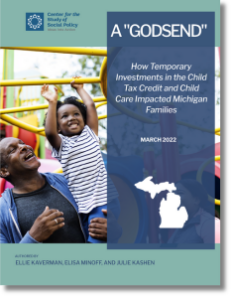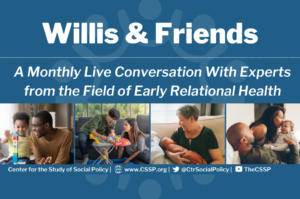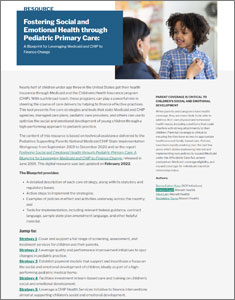Care work is some of the most important work in our society, supporting children, families, and individuals across their lifespans. But, despite the critical work child care providers do for families and society as a whole, their work is systematically undervalued. This brief reports the findings from our interviews and the recommendations from providers.
(15 pp)
